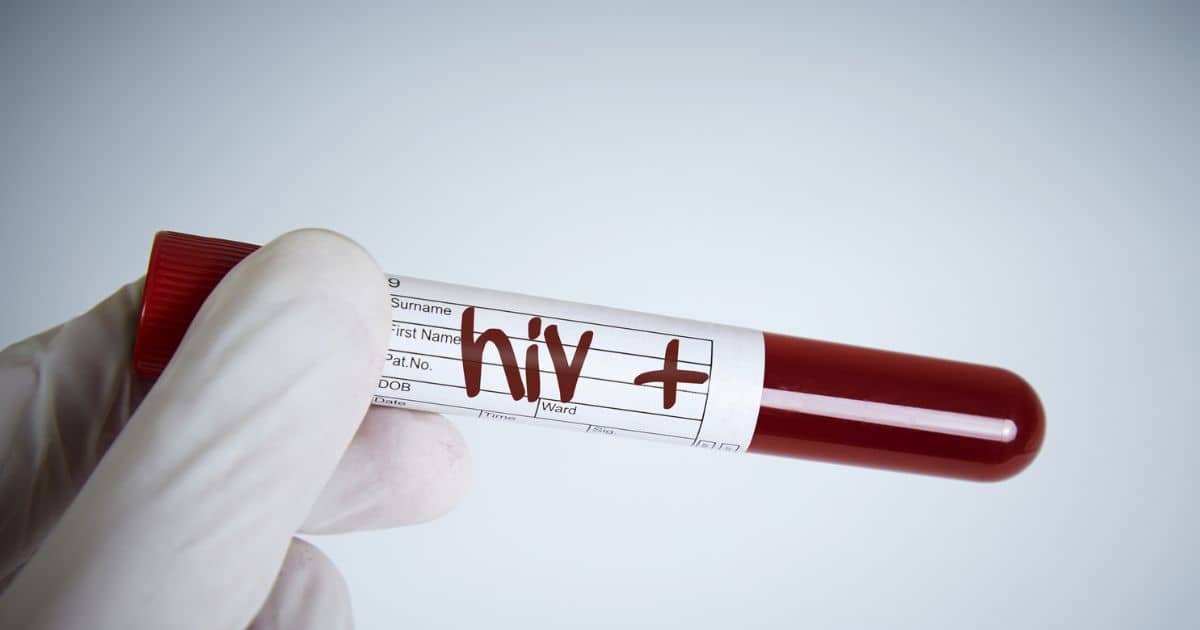A HIV-positive status and chronic inflammation don’t sound like a good combination and they definitely aren’t. Unfortunately, doctors often see the two condition alongside each other. A new study may shed some light on why this happens and how the situation can be handled to offer patients a reliable solution.
HIV and Inflammation: An Overview
Inflammation is a very broad term. It refers to a process that the immune system employs whenever a threat is being identified. Injured tissues in the body release a protein called nuclear factor kappa-B to switch on genes responsible for the immune response.
In turn, various immune cells respond. Some of these include T-cells, CD4 and CD8 cells. These cells use cytokines – chemical messengers – to “communicate” among themselves. Some of these cytokines are pro-inflammatory. They play a role in ensuring an effective and quick initial response to the threat.
As you’ve probably guessed already, the chemical signals are the ones that contribute to inflammation and that bring on some common pro-inflammatory changes. Some of the typical inflammatory signs caused by cytokines include redness and a warm sensation at the injury spot, pain, heat, fever and even changes in blood clotting.
Normally, this immune response is capable of self-limitation. It turns itself off the moment the threat has been handled. If this doesn’t happen for whatever reason, chronic inflammation may occur. That condition no longer has to do with the initial pathogen and the immune response to it.
When the body faces a threat like the human immunodeficiency virus, the inflammatory response can remain ongoing for a much longer period of time than what’s normal in a healthy person.
The problem with chronic inflammation is that it’s not an innocent process. In the absence of measures aimed at curbing inflammatory occurrences in the body, some serious issues like organ damage could eventually take place.
Why Do People with HIV Suffer from Chronic Inflammation?
HIV-positive individuals are more prone to chronic inflammation than their HIV-negative counterparts.
The presence of the virus in the body keeps the T-cells, the CD4, CD8 and other immune cells in a state of constant “alertness.” Because of that effect, the cells can produce significant amounts of pro-inflammatory cytokines that will lead to a prolonged inflammatory response.
HIV is much easier to control today than it has ever been in the past. HIV Antiretroviral medication can effectively suppress the viral load and give HIV-positive individuals long and healthy lives. Inflammation, however, is a problem that persists.
In fact, chronic inflammation in HIV patients can lead to various health conditions that are unrelated to an eventual progression to acquired immunodeficiency syndrome (AIDS).
According to some experts, chronic inflammation is the cause of higher rates of cardiovascular disease among HIV-positive individuals.
There are numerous theories as to how HIV could suppress and activate the immune system at the same time. One new study paints a rather comprehensive picture.
HIV Protein Responsible for Inflammatory Response
A recent study conducted at George Washington University in the US suggests that the virus could be releasing a protein to cause immune system hyper responsiveness.
During their study, researchers showed how the HIV protein Nef permanently alters immune cells. This protein contributes to a significant over-reaction response that in turn contributes to chronic inflammation.
An experiment was carried out in vitro, introducing the protein to immune cells. Researchers found out that the production of pro-inflammatory cytokines remained high even when the HIV protein itself had already disappeared from the cells.
Based on that observation, researchers concluded people who become infected with HIV once maintain prolonged immunologic memory that triggers chronic inflammation. That is the case even for people who are on antiretroviral therapy.
As per the recommendation of the lead researcher, doctors and their patients should still discuss optimal strategies aimed at controlling the inflammatory response and reducing the risk of medical problems stemming from it. That applies even to the people who have undetectable viral load because of an effective HIV treatment.
Things HIV-Positive Individuals Can Do to Control Inflammation
Talking to a doctor is always the first line of response when dealing with HIV. Still, a few simple things can be done to more effectively control inflammation.
Paying attention to diet and exercise are two of the biggest essentials. Having numerous servings of fruits and veggies per day is a good starting point. Some light to moderate exercise a few times per week is also going to deliver an anti-inflammatory effect.
It’s also crucial to give up on vices like smoking and alcohol consumption. There’s a plethora of evidence how these can strengthen the inflammatory response. Something as simple as giving up will bring on health benefits in more than one way.
A couple of other great anti-inflammatory approaches HIV-positive individuals can employ include maintaining a healthy weight, managing weight and controlling blood sugar. Making sure that the HIV infection is also under control is another obvious approach.
If you don’t know your status or you’d like to learn a bit more about HIV, visit a Singapore men’s sexual health facility like Shim Clinic for HIV testing.
Shim Clinic’s clinicians will consult you on HIV prevention and HIV treatment strategies. Come to the clinic during working hours every day of the week or contact Shim Clinic to have your questions answered.

